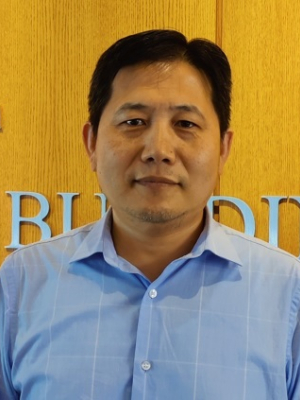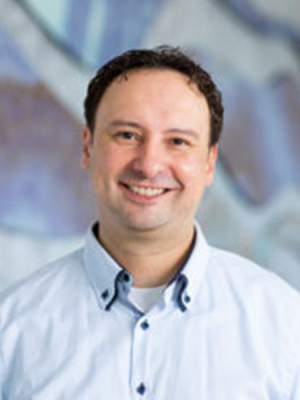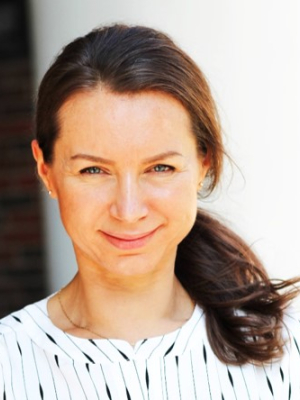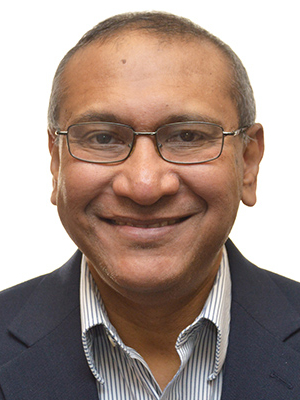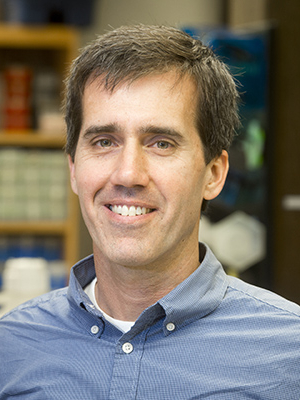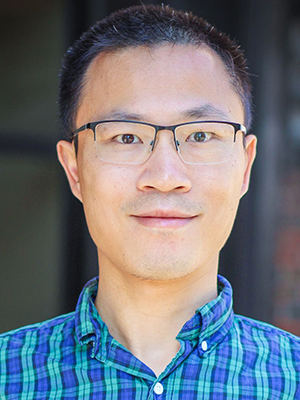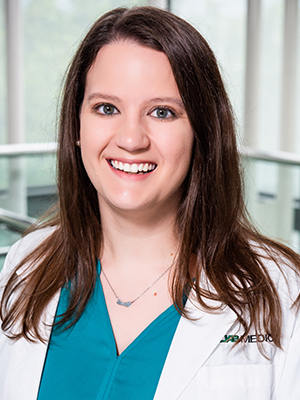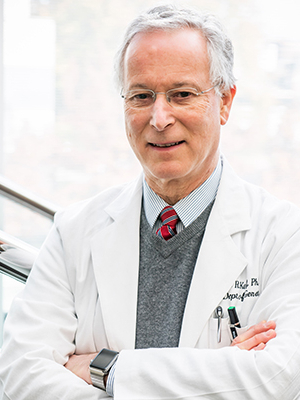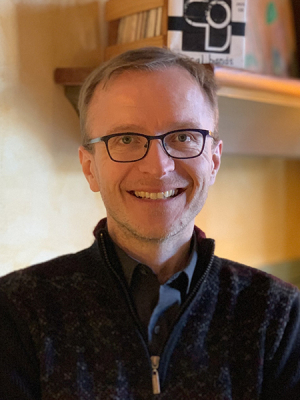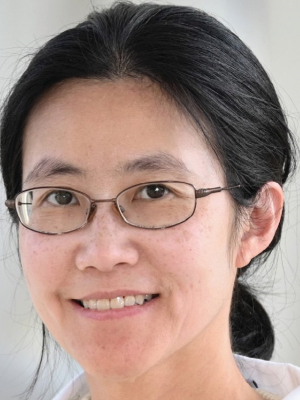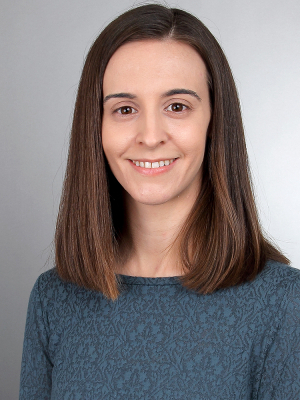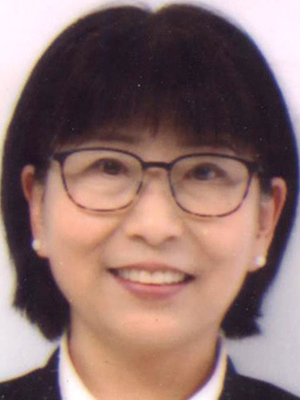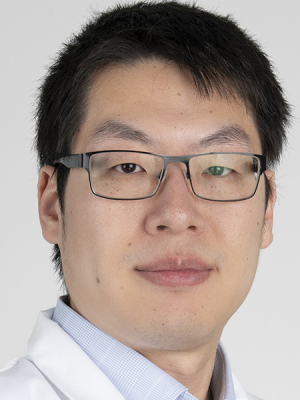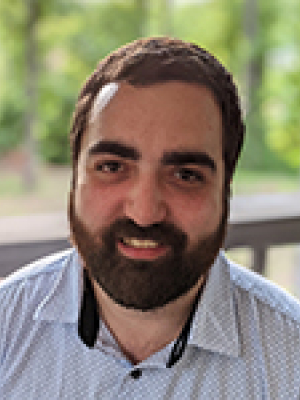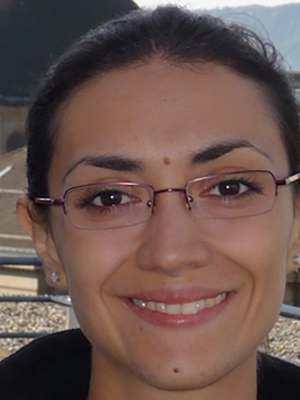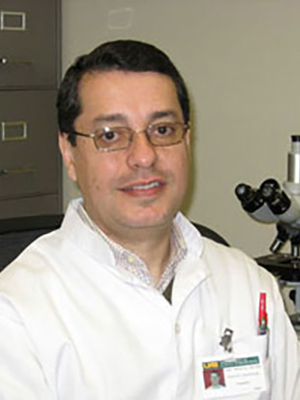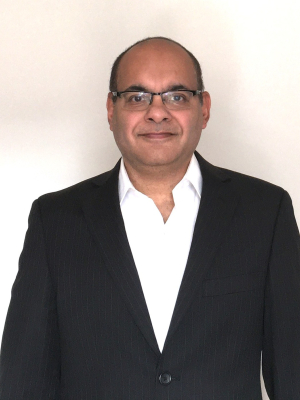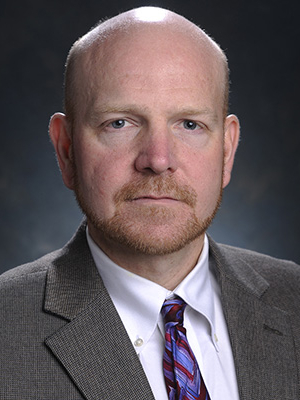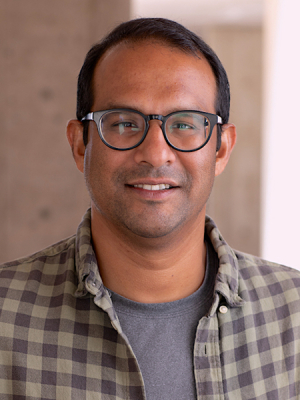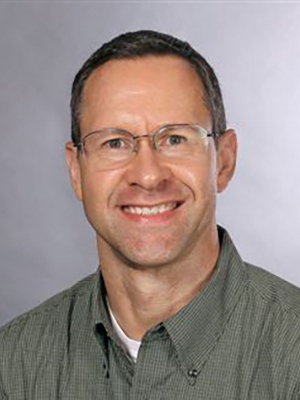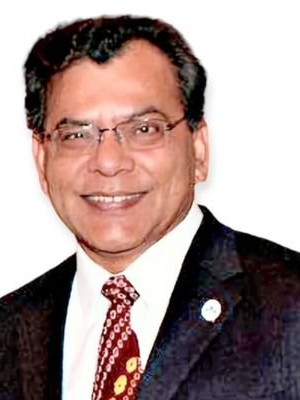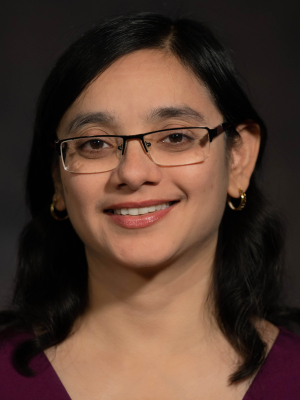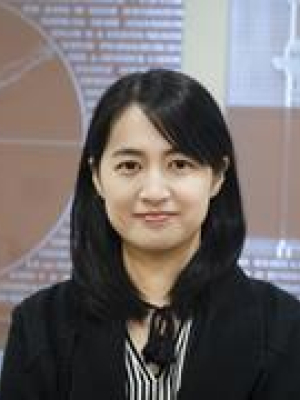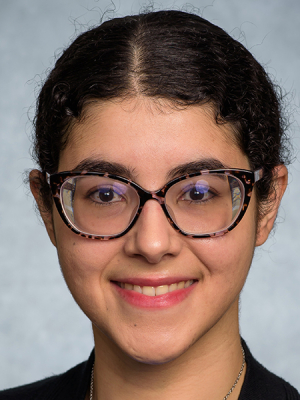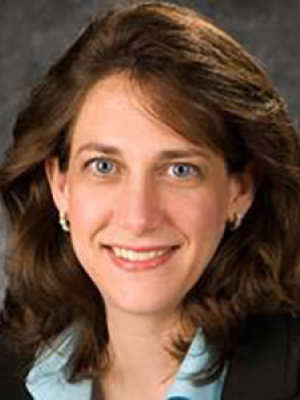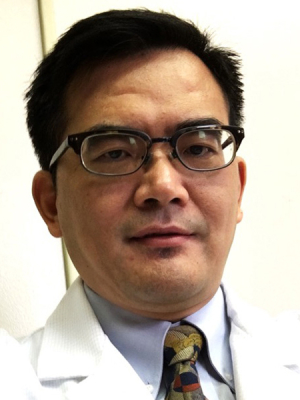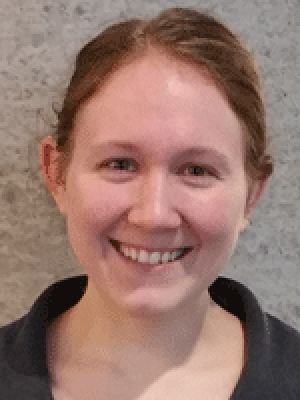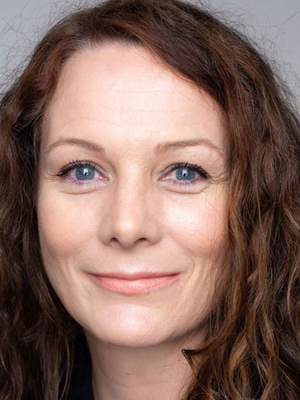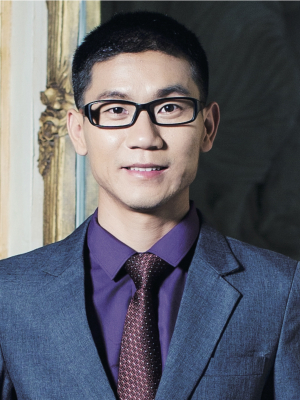Carroll, Andrew J., Ph.D.
Professor
Areas of Interest: Cancer cytogenetics, chromosome polymorphisms, clinical cytogenetics
Chen, Yunjia, Ph.D., MBA, FACMG
Assistant Professor
Interim Director, Medical Genomics Laboratory
Assistant Director, Cytogenetics Laboratory
Areas of Interest: Clinical cytogenetics, cancer cytogenetics, clinical molecular genetics, neurofibromatosis/schwannomatosis
Contreras-Galindo, Rafael, Ph.D.
Assistant Professor
Areas of Interest: Pathogenesis of scleroderma fibrosis and cancer, genomics of human centromeres, DNA instability and repair of centromeres, genome editing and deep-sequencing of centromeres
Crossman, David, Ph.D.
Professor
Areas of Interest: Servicing the UAB community in their Big Data analytical needs
Crowley, Michael, Ph.D.
Associate Professor
Czaja, Wioletta, Ph.D.
Assistant Professor
Areas of Interest: Cancer molecular biology and epigenetics, DNA repair and genome stability, inflammation, immune dysfunction, epigenetic drug targets, precision oncology
Dutta, Anindya, Ph.D.
Chair, Department of Genetics
Professor
Areas of Interest: Bioinformatics and genomics, biotechnology, cancer biology, epigenetics, molecular biology
Hartman, John, M.D.
Associate Professor
Areas of Interest: Yeast phenomic analysis for modeling genetic networks that buffer disease
Huang, Chen, Ph.D.
Assistant Professor
Areas of Interest: Bioinformatics, systems biology, precision oncology
Hurst, Anna Chesson Edens, M.D.
Associate Professor
Program Director, Medical Genetics Residency Program
Areas of Interest: Clinical genetics, dysmorphology, rare genetic syndromes, syndrome delineation, genome sequencing, resident education and training, Undiagnosed Disease Program
Korf, Bruce R., M.D., Ph.D.
Associate Dean, Genomic Medicine
Chief Genomics Officer
Professor
Areas of Interest: Neurofibromatosis type 1
Leier, Andre, Ph.D.
Assistant Professor
Areas of Interest: Development of RNA therapeutics, bioengineering, computational biology, bioinformatics, genetic disorders, machine learning applications in biomedicine and bioengineering
Lim, Hui-Ying, Ph.D.
Associate Professor
Areas of Interest: Heart intercellular signaling, Heart endocrine regulation of metabolic homeostasis, Signal transduction, Drosophila modeling of human disease
Linscott, Kristin, M.D., Ph.D.
Assistant Professor
Assistant Director, Biochemical Genetics and Metabolic Disease Laboratory
Liu, Runhua (Runa), Ph.D.
Professor
Areas of Interest: Cancer targeted therapies, gene therapy, immunotherapies, signal transduction, metabolism, functional study of biological molecules, mechanisms of action of novel drug targets
Ma, Xiaoxiao, Ph.D.
Assistant Professor
Area of interest: Tumor immunology, Cancer Immunotherapy, Immunogenomics, DNA damage repair, Epigenetics
Marsiglia, William, Ph.D.
Assistant Professor
Areas of Interest: Signal Transduction, PI3K-AKT signaling, chemical biology, protein-protein interactions, kinases, structural biology
Marquez-Lago, Tatiana, Ph.D.
Associate Professor
Areas of Interest: Host-microbiota interactions, drug resistance reversal, systems biology
Mikhail, Fady, M.D., Ph.D.
Professor
Cytogenetics Lab Director
Areas of Interest: Clinical cytogenetics
Mukherjee, Konark, Ph.D.
Assistant Professor
Areas of Interest: Neurological disorders affecting the neuroretina and the optic nerve, neurodevelopmental disorders, optic nerve pathology, dysfunction in different neurodevelopmental and genetic disorders
Robin, Nathaniel H., M.D.
Professor
Director, Clinical Services
Director of Clinical Genetics and Genomics Services
Areas of Interest: Clinical Genetics (Craniofacial Genetics)
Sen, Arko, Ph.D.
Assistant Professor
Areas of Interest: Cancer genomics, epigenetics, non-coding regulatory mutations
Sharer, Jon Daniel, Ph.D., FACMG
Professor
Director, Genetics Research Division
Director, UAB Biochemical Genetics and Metabolic Disease Laboratory
Areas of Interest: Biochemical genetics
Singh, Keshav, Ph.D.
Professor
Areas of Interest: Cancer genetics, mitochondria, aging, cancer
Srivastava, Sarika, Ph.D.
Assistant Professor
Areas of Interest: Mitochondrial biology and metabolism, neurometabolic disorders, omics technologies, mitochondria targeted therapies
Su, Zhangli, Ph.D.
Assistant Professor
Areas of Interest: RNA modification, non-coding RNA, epigenetics, genomics, cancer biology
Villa, Caterina Abdala, M.D.
Assistant Professor
Wallis, Deeann, Ph.D.
Professor
Areas of Interest: Neurofibromatosis drug discovery
Wang, Weidong, Ph.D.
Assistant Professor
Wille, Coral, Ph.D.
Assistant Professor
Areas of Interest: Epigenetics, genomics, developmental biology, cancer biology
Worthey, Elizabeth, Ph.D.
Associate Professor
Areas of Interest: Genomics, computational biology, data sciences, molecular diagnostics, rare disease, undiagnosed disease, molecular modifiers, precision medicine
Wu, Bo-Kuan, Ph.D.
Assistant Professor
Areas of Interest: Epigenetics, cancer biology, developmental biology
Xu, Jia, Ph.D.
Assistant Professor
Areas of Interest: Cancer cell signaling, cancer metastasis, therapy resistance, drug development, gene therapy
Zhang, Yanfeng, Ph.D.
Assistant Professor
Areas of Interest: Servicing the UAB community in their Big Data analytical needs, translational bioinformatics and genomics, genetic and epigenetic biomarker, biotechnology, enhancer/super-enhancer biology

